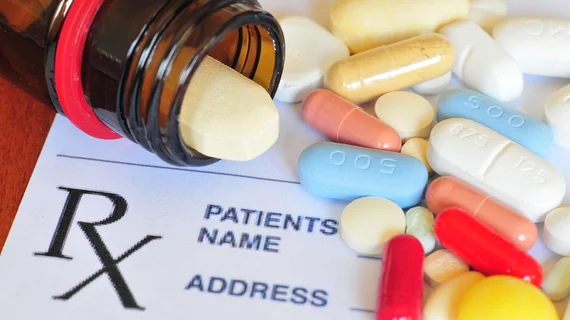Civica Rx to launch 20 generic drugs in 2019
A new not-for-profit startup aimed at producing generic drugs will introduce 20 products in 2019, Reuters reported. The supplier, Civica Rx, initially expected to offer just 14 drugs in 2019, but will now likely exceed that after working with companies to produce additional medicines, company officials told Reuters.
Civica Rx was launched in September 2018 by several health foundations and hospital systems, including Intermountain Healthcare, Mayo Clinic, Trinity Health and more, to develop generic drugs that would address drug shortages and counter rising drug prices. The group has raised more than $160 million from its members, Reuters reported.
Over the next three to five years, Civica Rx plans to offer up to 100 generic medicines that are critical to its member hospitals. Member hospitals will pay the cost of drugs purchased and a fee to Civica based on their size, according to Reuters. The first medicines will be available at locations in New Jersey, Pennsylvania and North Carolina, and the group is negotiating prices with manufacturers in return for commitments to purchase the products for five to 10 years.
U.S. hospitals have faced severe shortages of commonly-used medicines, including anesthetics, intravenous saline and chemotherapies, over the last few years, sometimes accompanied by steep price increases. Hospitals have faced deep impacts from rising drug costs and shortages, according to a recent report, even turning to alternative therapies and treatments to accommodate.
See the full story below:

